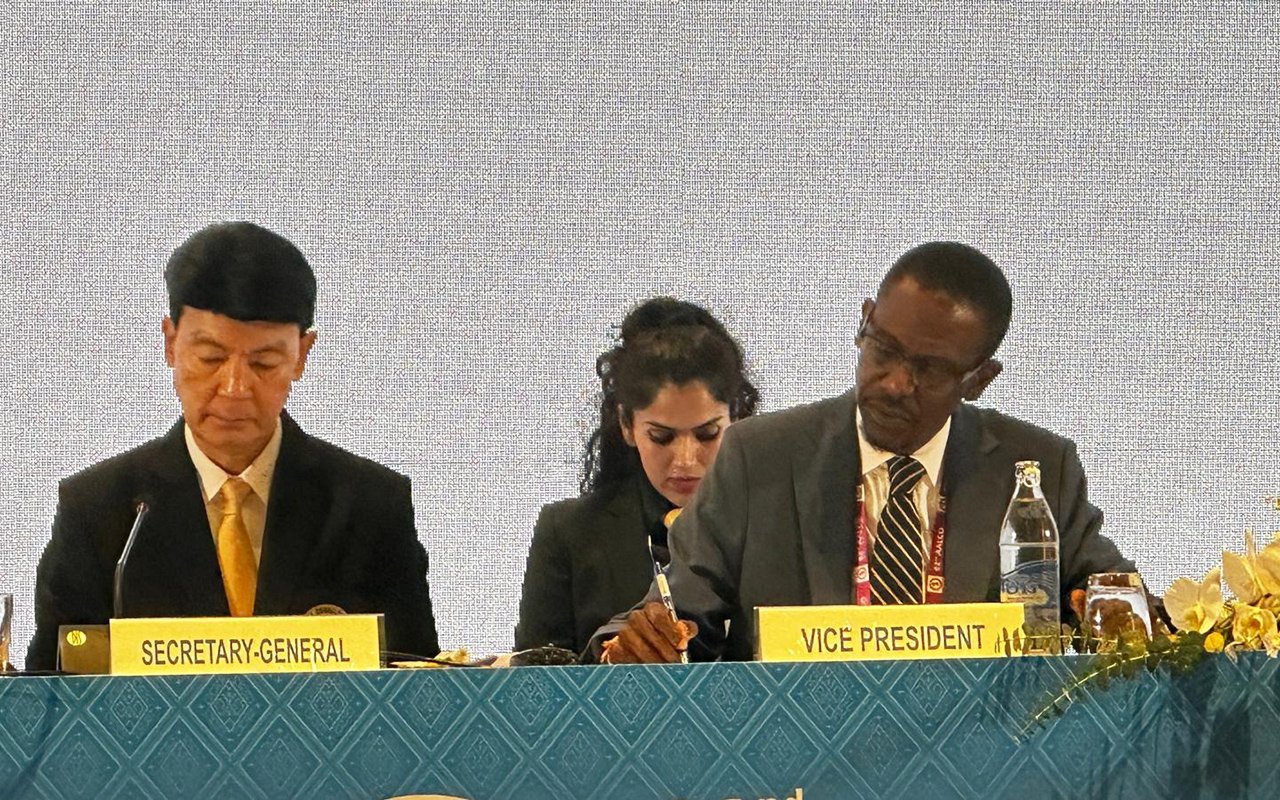Prime
Mass migration is the norm, not the exception

What you need to know:
- People’s fears about mass migration are not unfounded. Sometimes, mass migration can be unfair to the original inhabitants of a land. Native Americans, for instance, are a footnote in American history today. The same is true for Aboriginal Australians in Australia.
It is hard to scroll through social media, especially X (formerly known as Twitter), without finding someone freaking out about mass migration. Many fear the potential impact on their identity and way of life when faced with a large influx of individuals from different countries.
Last week, in particular, was eye-opening with protests in more than a dozen towns and cities across the United Kingdom, the worst in 13 years, purported to have been started after false information spread rapidly on social media that the suspect in the knife attack at a dance class for children in Southport was a Muslim immigrant.
This incident is just one example of events across Europe that may have been wrongly attributed to immigrants. It is important to note that while some incidents may be correctly linked to immigrants, others are inaccurately blamed on them.
This prompted me to delve into the question of whether the challenges surrounding mass migration have persisted historically. The answer is indeed yes. The world in which we live has been shaped by mass migration.
Historically, mass migrations have played a critical role in shaping nations and cultures. For example, the Bantu migration, which occurred over several millennia, spread agricultural practices, languages, and skills in ironwork across Africa.
Similarly, the Great Migration of African Americans in the 20th century saw millions move from the rural South to urban centres in the North, significantly impacting the social and cultural landscape of the United States.
Additionally, the Italian diaspora in the late 19th and early 20th centuries saw millions of Italians move to countries like the United States, Argentina, and Brazil. This migration helped shape the cultural fabric of these nations, introducing new cuisines, traditions, and communities.
I would go as far as saying no one is historically a native of where they currently live. We are where we are now either because we, our great great ancestors, had to move, for one reason or another.
We can localise this phenomenon. Right now, if you are in your country of birth, you are most likely not in your exact birthplace, but in another district, state, or city. Humans are inherently mobile beings; it’s part of their nature.
People’s fears about mass migration are not unfounded. Sometimes, mass migration can be unfair to the original inhabitants of a land. Native Americans, for instance, are a footnote in American history today. The same is true for Aboriginal Australians in Australia.
These groups have faced significant marginalisation and loss of their traditional ways of life due to the influx of settlers. This was exacerbated by the fact that in the past, the original inhabitants of lands didn’t really have a voice and were severely outnumbered by settlers in terms of sheer force and military might.
Given these concerns, what’s the solution? Instead of fear and pessimism, countries need to carefully design migration policies to benefit both their citizens and immigrants.
When you intentionally make it hard for the right people to enter your country the right way, you encourage them to find illegal or dangerous ways to get in.
The African continent has, by far, the highest visa denial rate than any other region in the world, and it is steadily rising, new reports show.
This is not limited to Africa but the Global South in general. Individuals from these regions are denied student visas at disproportionately higher rates than those from other world regions. This indicates that nations are increasingly adapting an anti-immigrant stance, even when people follow the correct procedures. I won’t get into how much money people are paying, effectively losing, in visa application fees.
It’s only natural for people to look for opportunities in what they perceive as better places, and they will find ways to do this. Blocking people from seeking better lives will backfire because you are fighting against one of the core attributes of the human spirit, the love for adventure, and the innate urge to live a better life.
People will always move whether you want it or not.
Instead of focusing on the negative aspects of migrants, think about the impact of migration on innovation and economic growth.
The USA and Canada, for example, would not have had Elon Musk if stringent migration policies had been in place in the 1980s and 1990s. Musk, originally from South Africa, has been a pivotal figure in advancing technology and entrepreneurship in North America.
If anything, countries with isolationist policies tend to be left out of technological progress. I believe every human being has something unique to offer to the world and should therefore be given the right conditions to thrive and maximise their potential.
In conclusion, mass migration is not an exception but a norm throughout human history. We should recognise this and work towards creating policies that manage migration effectively, benefiting both migrants and the host countries.
Duncan Mudulo




